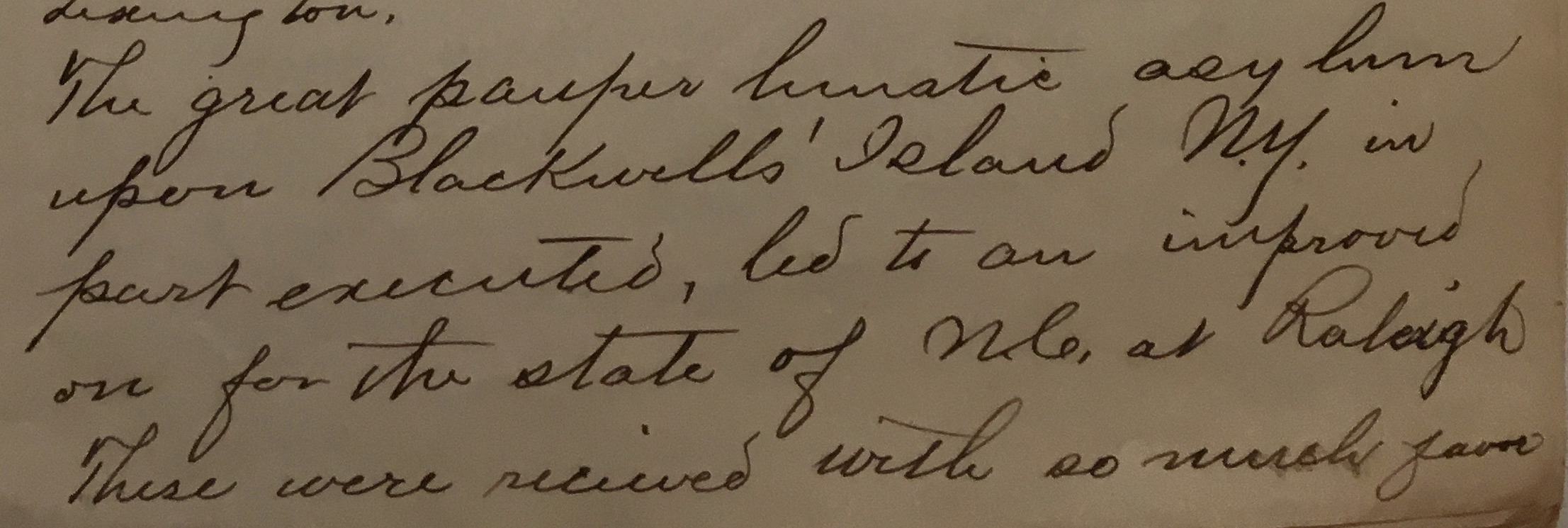Established in 2016, the Community Histories Workshop (CHW) works with local communities to recover, preserve, and share the memories, stories, and materials that reflect the multi-layered histories of place. By helping to connect past to present we believe that communities can envision more just, inclusive, and democratic futures.
We are pleased to share the Community Histories Workshop Statement of Principles, endorsed by the CHW team in January 2018.
 As the CHW began its second year in the fall of 2017 with an expanded team and new opportunities, we embarked on a semester-long strategic planning initiative. It involved creation of a more transparent and efficient organizational structure, consultations with key university and area leaders, and the forging of a statement of principles to guide our practice and announce to current and prospective partners who we are, what we do, how we work, what values inform our work, and why our work is important both to the university and to the communities in which we work. This “visioning” work was organized and led by CHW Graduate Research Fellow, Ina Dixon, PHD student in American Studies, and was grounded in her three-year experience working at the intersection of adaptive reuse and community development in Danville, Va.
As the CHW began its second year in the fall of 2017 with an expanded team and new opportunities, we embarked on a semester-long strategic planning initiative. It involved creation of a more transparent and efficient organizational structure, consultations with key university and area leaders, and the forging of a statement of principles to guide our practice and announce to current and prospective partners who we are, what we do, how we work, what values inform our work, and why our work is important both to the university and to the communities in which we work. This “visioning” work was organized and led by CHW Graduate Research Fellow, Ina Dixon, PHD student in American Studies, and was grounded in her three-year experience working at the intersection of adaptive reuse and community development in Danville, Va.
Since September 2017, Ina and I have discussed the mission and role of the CHW with:
- Julia Barnard, Research Associate, Center for Community Capital
- Michelle Bolas, Director, Office of Innovate Carolina
- Peter Coclanis, Director, Global Research Institute
- Rudi Colloredo-Mansfield, Senior Associate Dean for Social Sciences
- Judith Cone, Vice Chancellor for Innovation, Entrepreneurship, and Economic Development
- Elizabeth Engelhardt, Professor and Chair, Dept. of American Studies
- Maria Estorino, Director, Wilson Library
- Craig Friend, Director of Public History, NCSU
- Bryan Giemza, Director, Southern Historical Collection
- James Johnson, Director, Urban Investment Strategies Center
- Lloyd Kramer, Prof. of History, Director, Carolina Public Humanities
- Patricia McAnany, Professor and Chair, Dept. of Anthropology
- Josephine McRobbie, Project Manager, Community Driven Archives Project, SHC
- Mark Meares, Assoc. Vice Chancellor of Corporate and Foundation Relations
- Roberto Quercia, Prof., City and Regional Planning, Director, Center for Community Capital
- Terry Rhodes, Senior Associate Dean for Fine Arts and Humanities
- Bill Rohe, Prof., City and Regional Planning, Director, Center for Urban and Regional Studies
- Robyn S. Schroeder, Director, Humanities for the Public Good
- Andrew Trump, Project Manager, Development Finance Initiative
- Elaine Westbrooks, University Librarian
 An embodied and articulated sense of shared purpose is essential for organizations such as the CHW. It defines the long arc of our work, connects individual projects with larger goals, knits together individual interests and aspirations into a common enterprise, and helps assure organizational integrity and continuity. We are a small unit operating in the interstices of a large research university. Adherence to a common, enduring, yet dynamic mission resists the pull of our becoming a service unit, merely the expression of a single scholar’s research agenda, or the aggregate of the short-term projects for which we were fortunate enough to secure funding.
An embodied and articulated sense of shared purpose is essential for organizations such as the CHW. It defines the long arc of our work, connects individual projects with larger goals, knits together individual interests and aspirations into a common enterprise, and helps assure organizational integrity and continuity. We are a small unit operating in the interstices of a large research university. Adherence to a common, enduring, yet dynamic mission resists the pull of our becoming a service unit, merely the expression of a single scholar’s research agenda, or the aggregate of the short-term projects for which we were fortunate enough to secure funding.
Our work thus far has led to an exciting yet relatively uncharted intersection where public universities, property developers, preservationists, cultural heritage organizations, municipalities, archives, and community groups converge around the adaptive reuse of iconic sites. Our challenge is to help communities find a path from this intersection to a deeper understanding of the relationship between past and present, a greater sense of common purpose, and the possibility of collective action. Our responsibility–my responsibility as faculty lead for the CHW at this point in its history–is to do this in a way that preserves the integrity and independence of the university and an alignment with its mission and priorities.
Finally, as this document came together at the end of January, 2018, we had an opportunity to spend a day with Elizabeth Silkes, Executive Director of the International Coalition of Sites of Conscience (thanks to Kate Pearce and the Dix Park Conservancy Board). The final draft of our statement of principles is inspired by the work of the coalition’s 230 members, especially in our commitment to honor all who have been elided in official accounts, to give voice to silences and hopes, and to recover historical exclusions and oppression.
We welcome your comments and expressions of interest in working with us.
— Bobby Allen
